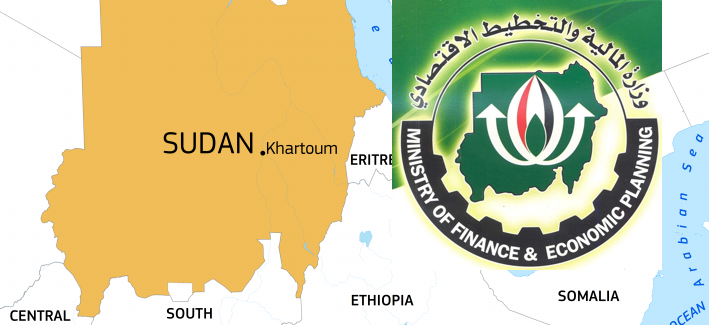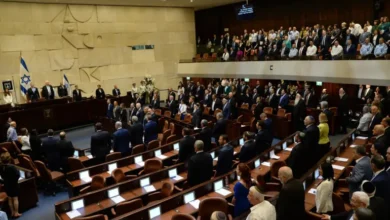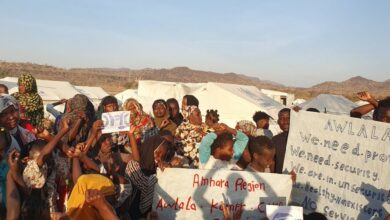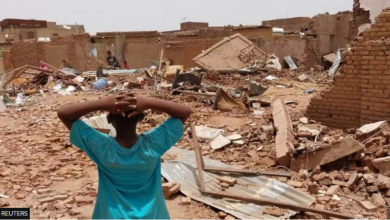Worth 12 billion pounds: Finances research projects to harvest water

The Ministry of Finance announced the allocation of 12 billion pounds for two research projects to harvest the country’s water.
Addressing yesterday, the Minister of Irrigation and Water Resources in Charge, Dhu Beit Abdul Rahman, said that the workshop aims to develop radical remedies for Port Sudan water for the importance of the city, its inhabitants and its location. “Many solutions exist through a study submitted, based on the need to benefit from water harvesting from Khiran, canyons, groundwater and project processing, stressing the possibility of solving the problem of the city’s water, through coordination and cooperation between the Centre and the State, with a view to providing adequate water to the inhabitants of the State.
The Director of the Project Development Department of the Ministry of Finance, Iqbal Khalallah, announced the allocation of 12 million pounds to two UNESCO research projects for water harvesting. She said that the Ministry used specialized research centres to identify the needs of water projects and called on the international community to contribute to supporting research projects to contribute to the development of projects that contribute to the provision of water to communities.
The Director of the Water Harvesting Centre of the Ministry of Irrigation, Hatem al-Badri, explained that these studies are concerned with the use of water harvesting technologies in the Red Sea area. He said that this area has multiple water sources from the valleys and the two goods coming from the Red Sea chain, descending towards the coastal area, and added: “Small dam technologies, as well as groundwater, as well as freshwater utilization for Delta Toker”, indicating that the study is aimed at exploiting surface and groundwater, as well as freshwater utilization for Delta Toker “, indicating that the study is aimed at exploiting surface and groundwater to feed coastal towns from Toker to Port Sudan.
El Badri stressed that the project could be initiated directly, pending funding only, and that it was considered less expensive than other options, since it used simple “cheaper” water harvesting techniques and could solve the problem of drinking water, noting that the quantities of water to be harvested were capable of achieving sufficient drinking water in the coastal cities of Red Sea State.
The Director of the Red Sea Water Authority, Omar Issa, noted that the state continued to suffer greatly from the water crisis s drinking water supply situation is the “worst” this year for the early onset of the crisis, In March instead of June because there was no winter rain, he said the city depends in summer on winter rain, This summer has seen a real crisis in the absence of heavy rainfall.
During the winter, many studies had been carried out to find treatments. Looking forward to the outputs of this study addressing the problem of drinking water in the Red Sea, He called on the competent authorities to expedite the development of radical remedies for the problem of thirst in Port Sudan, pointing out the need to develop emergency solutions.
The Red Sea Water Studies and Research Assessment Workshop was conducted in collaboration with the UNESCO Iqilami Centre for Capacity Development and Research in Water Harvesting, with the participation of a number of experts and specialists.





